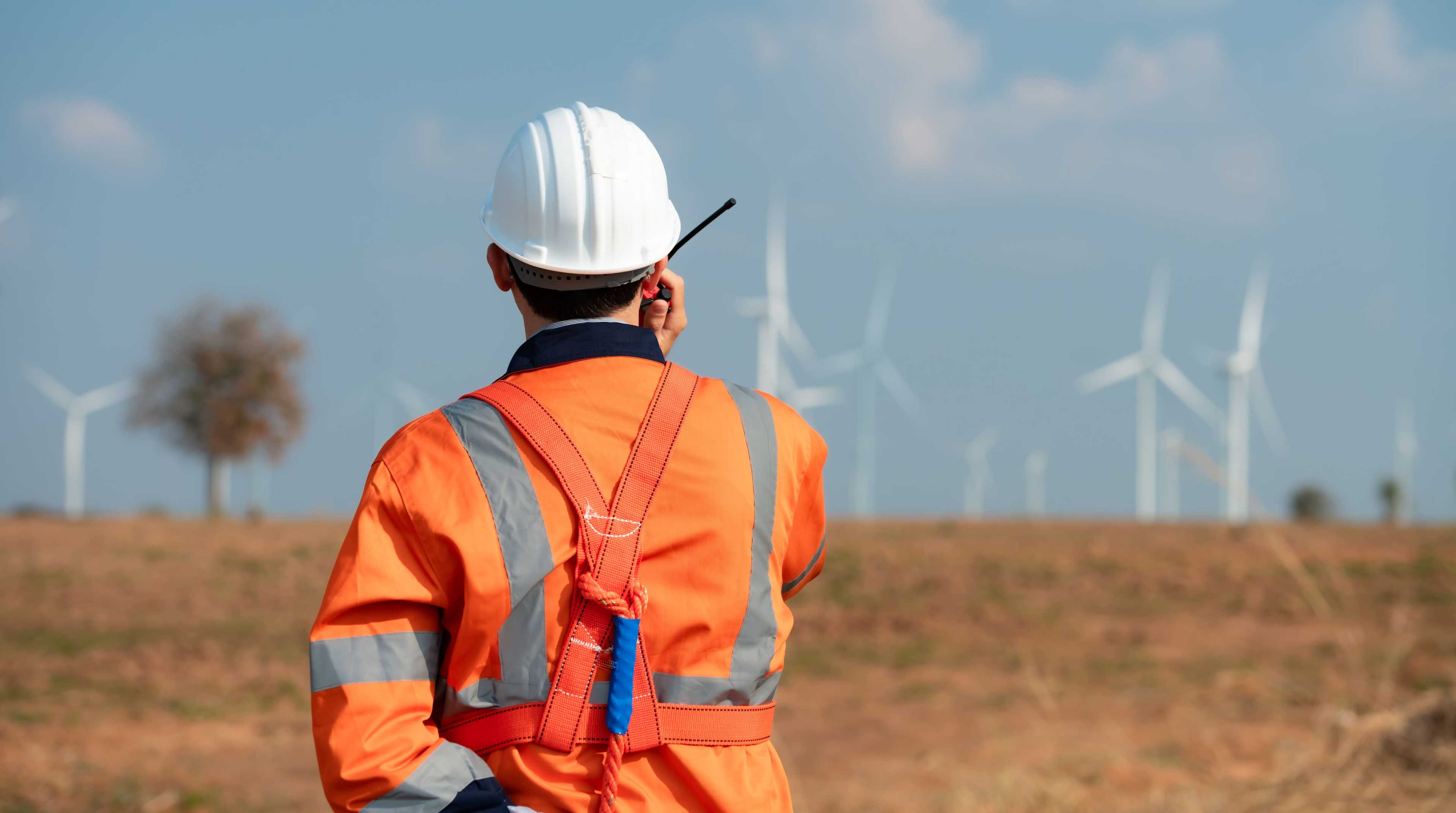We are at a time when sustainability is becoming more and more significant. A study by the Department for Environmental, Food and Rural Affairs (DEFRA) ) shows the general statistics on waste at the UK level. This brings many debates about what we can recycle and how we can do it. Are there any options for recycling PPE? How can you contribute to this?
Why recycling PPE is important?
Overall, recycling PPE is a great way to reduce your environmental impact. Given how much plastic and other non-degradable materials are on the environment, there are and will continue to be a variety of long-term issues over the next years. Some of them are:
- Pollution: Pollution affects the environment in several different ways. For example, neglecting to recycle plastics can pollute and damage lakes, oceans, and rivers.
- Overflowing Landfills: Landfills are a designated place to deposit waste. But we know that as more of the population continues to neglect recycling, our landfills are going to continuously pile up.
- Natural Habitat Destruction: The earth can’t keep up with the amount of hazardous waste, resulting in the destruction of natural habitats.
:quality(60)/1f8f22d9-b715-495a-8156-62cf561d84d8/40bf389a-cc90-49d3-b327-350413ade127.jpg)
Is there any non –recyclable PPE?
Many types of PPE are flexible in design and can obstruct sorting equipment at the recycling centre, making it difficult to sort the right stuff. Also, medical waste like material contaminated with blood or bodily fluids that originate from healthcare facilities and PPE used when working in chemical and biological labs, needs to be consulted with the companies before recycling it as it is not normally accepted.
How you should dispose of your PPE in a proper way when is non-recyclable?
When recycling PPE is not possible, you can’t just toss your masks or gloves in the garbage bin. When you throw away PPE and some of the associated goods like the ones mentioned above you should follow some general steps:
- PPE must be put in a plastic waste bin, inside a fully tied bag.
- This plastic bag should then be placed in a second bin bag.
- It should then be stored in a safe and secure place for 72 hours.
- You shouldn’t put your PPE waste in communal waste areas or on the street for collection.
:quality(60)/1f8f22d9-b715-495a-8156-62cf561d84d8/8a67182b-32d2-415c-8605-2200fafce273.jpg)
Is PPE recyclable?
The answer is yes, but, as mentioned above, not all PPE can have another life. We need to keep in mind that PPE is sometimes made of complex materials which makes recycling them a complicated process. For the ones that can be recycle, there are companies that specialise on it and the process may look something like this:
- PPE is stripped and shredded.
- The remaining fabrics are grinded and blended into new materials.
- Plastics are cleaned and granulated then sent to injection moulders.
- Metals are picked and sent to foundries to be made into new products.
Are you interested in recycling PPE?
Not everything can be recycled and given a new life, however, we should choose to have an environmentally - friendly behaviour whenever we can. Some available options for recycling are:
- Contact your local free waste management company to see if they offer PPE recycling services.
- Get in touch with a private facility that offer these services.
An example of a UK recycling business is recycling lives . An organisation specialising in the collection and recycling of PPE: uniforms and workwear, safety helmets, gloves, eye protection, safety footwear, harnesses, and high visibility clothing.
:quality(60)/1f8f22d9-b715-495a-8156-62cf561d84d8/3040d025-ca43-449d-af30-ea5ce160e2f5.jpg)
Innovation in PPE recycling
We all want to make this planet as clean and green as possible, some remarkable ideas for recycling PPE are being developed around the world. A few are:
- A new technology developed in Sydney by the Australian Nuclear Science and Technology Organisation (ANSTO) to recycle used PPE and turn it into raw materials fro 3D printing.
- A new project has been launched by Cadent Gas to stop old PPE going to landfill, and potentially using it to help keep people warm in their homes.
PPE manufacturers that use recycled materials
Safeguru seeks a sustainable future and that's why we work with brands that have different initiatives. A few examples are:
- UVEX: The new Protecting Planet label makes the uvex group's sustainability activitiies visible to the outside world. I denotes products which can be classified as especially sustainable.
- JSP: JSP is commited to improve sustainability and is investing time and resources to better understand how they can be more sustainabgle as a company.
:quality(60)/1f8f22d9-b715-495a-8156-62cf561d84d8/cfd31067-b62f-4c1a-b336-c0524a1eefd4.jpg)
Safeguru | Delivering a Safer Future
